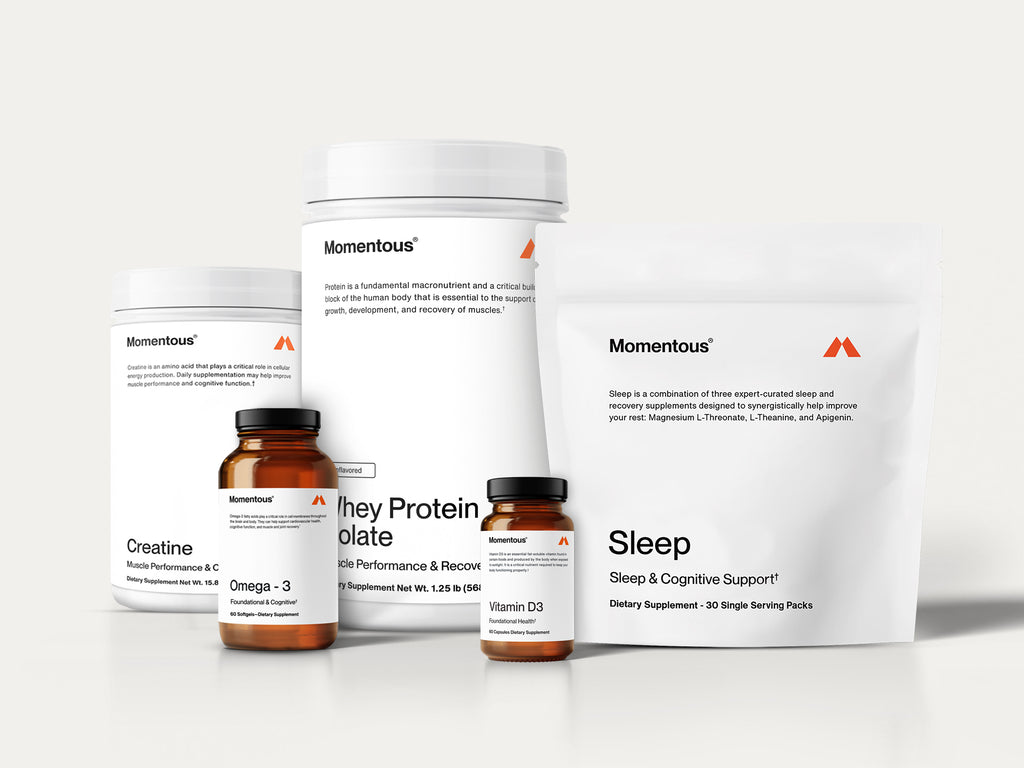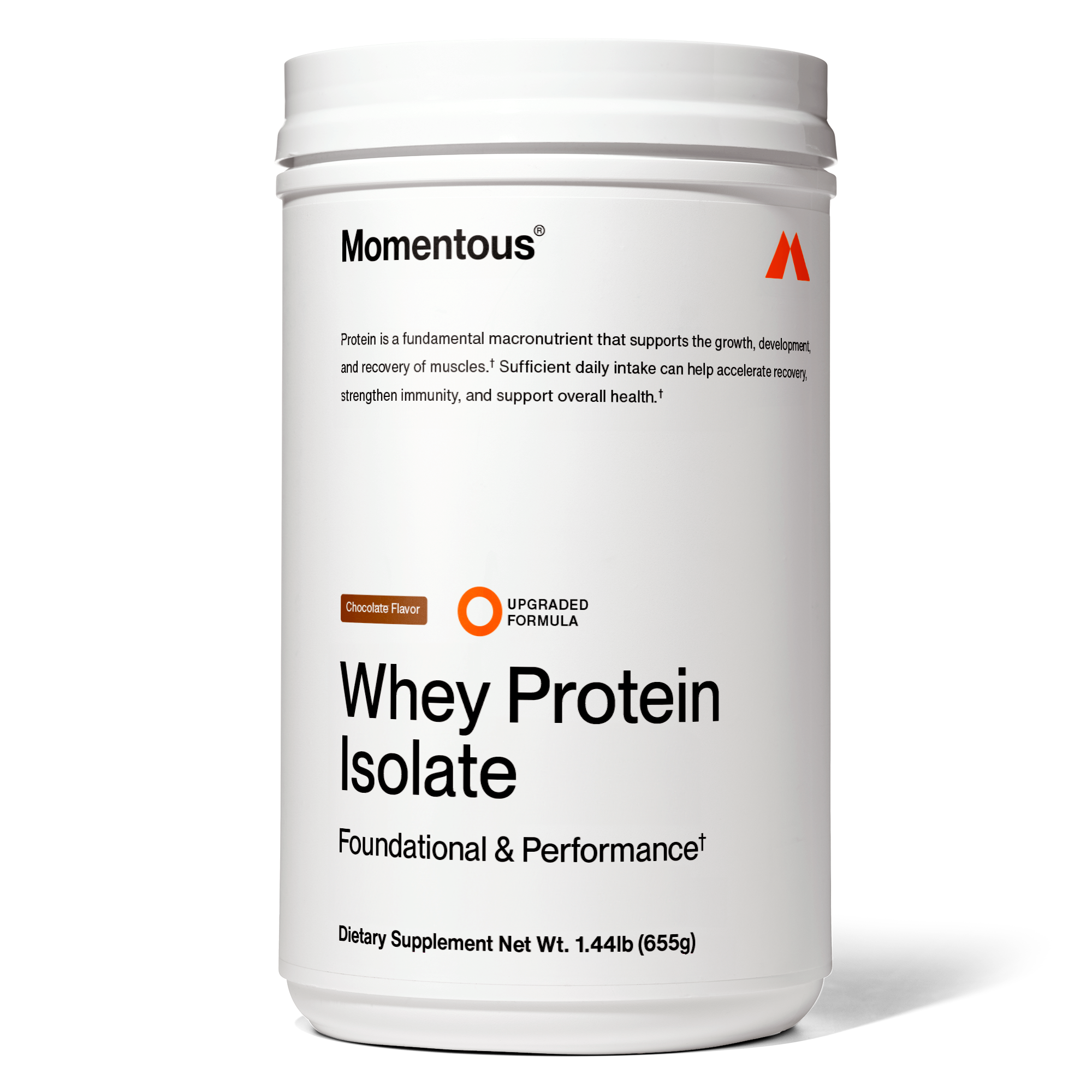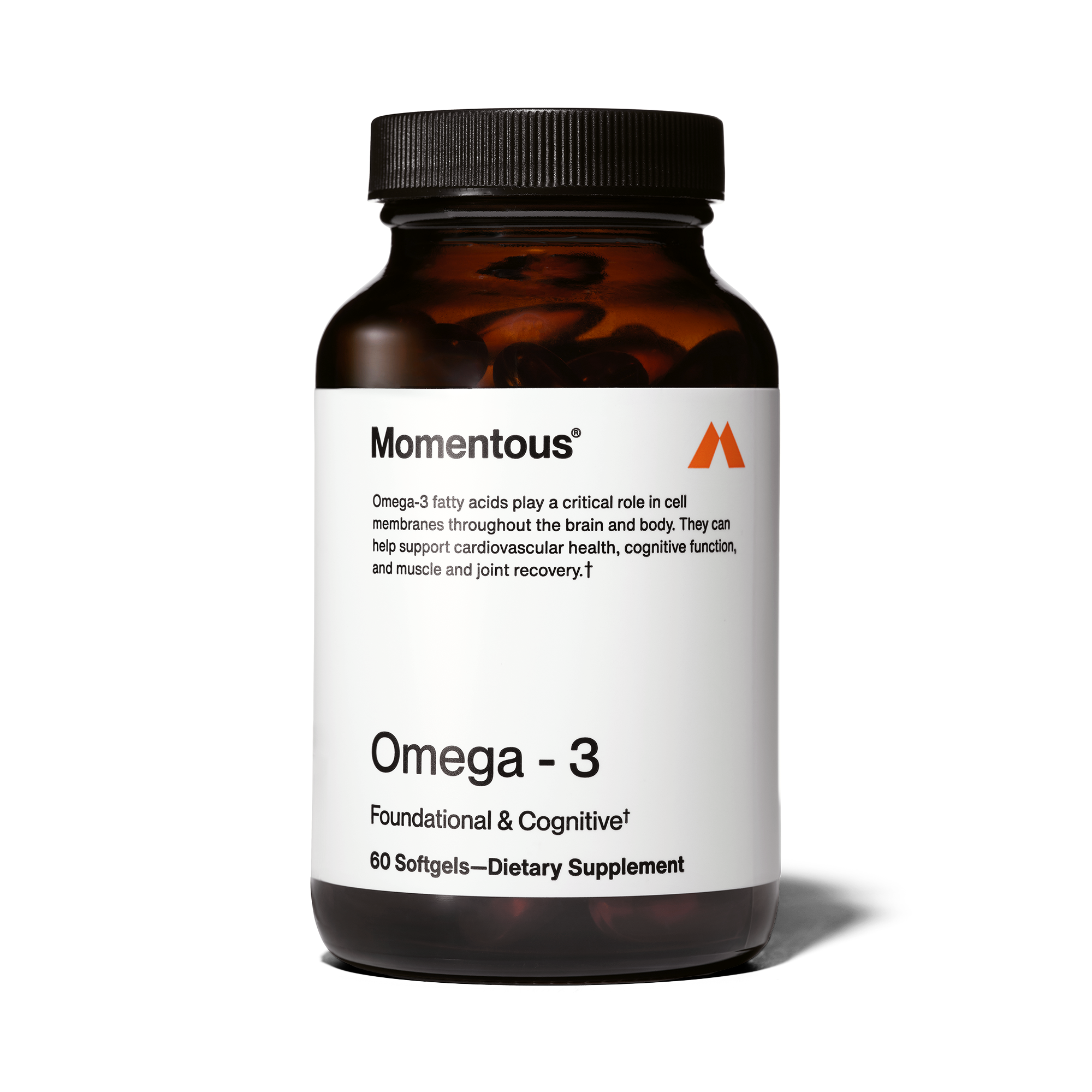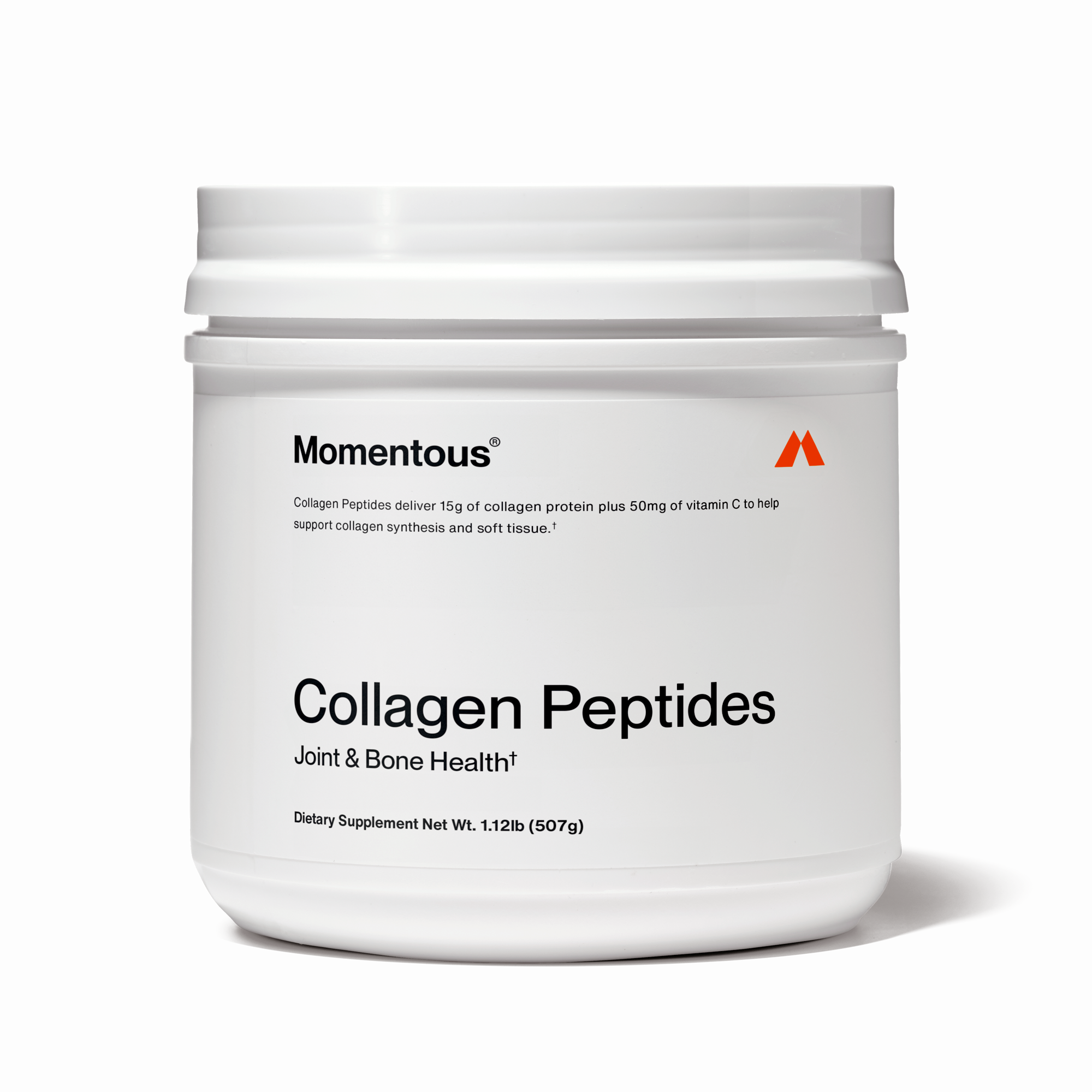European grass-fed whey isolate for recovery + muscle support
Potent, clean Omega-3 for cardiovascular + brain health
Grass-fed collagen plus FORTIGEL® to support joints + soft tissue
The FDA estimates that there are 85,000 supplements on the market and each one claims to do something better than competing products. But the trouble is that quality, purity, and efficacy vary significantly, and it’s hard to go beyond advertising hype to separate which supplements could benefit you from those that might harm you (or, at the least, waste your money). To help you make more informed choices, we've taken a closer look at how to identify a good supplement.
What makes a supplement “bad”?
There are several factors that a well-read consumer can identify in a product, the first of which we’ve discussed many times before. The unfortunate truth is that many supplements contain things you wouldn’t want to consume: low quality ingredients, banned substances, and occasionally byproducts of manufacturing or other environmental contaminants. These undesired ingredients are simply the result of companies looking to save costs and drive up margin.
Proprietary blends can also be problematic. For example, if a product that claims to give you more energy lists a “proprietary blend” containing a combination of caffeine and several other ingredients, then there may not be a way for consumers to understand the exact contents of the product they’re consuming. The efficacy of many nutrients is dose-dependent, so understanding the precise composition of supplement formulas is key to assessing their quality.
Additionally, a bad supplement can be as simple as one that doesn’t provide the consumer with any value. A good example of this might be a formula with big claims behind its ingredients, yet little-to-no research behind those purported benefits. Even if the product is completely harmless, be sure that it meets a need, addresses a deficiency, or accomplishes something that you wouldn’t be able to achieve otherwise through lifestyle behaviors.
Lastly, it’s also possible that a supplement could be used as a sort of “band-aid” to compensate for underlying lifestyle factors. If an athlete consistently needs large doses of caffeine and other stimulants to get fired up for their workouts, it’s possible that this athlete needs to spend more time looking at their sleep and eating habits, before reaching for a pre-workout powder or energy drink. In this case, the athlete might find the energy supplement to be valuable, but that does not make it a good solution to their problem.
In contrast, what makes for a good supplement?
Ultimately, a good supplement is a supplement the customer finds valuable. Therefore, the better question to ask is what exactly should we value in a supplement?
The first component – quality – is a matter of thoughtful sourcing, precise manufacturing, and third-party testing to repeatedly confirm every process and ingredient. Sourcing the right ingredients can be a pain-staking process of comparing sources. This is why it’s so important to have trained professionals, such as our team of experts, to recommend and review individual ingredient sources. More on the manufacturing and third-party testing later.
The efficacy of a product can depend on several factors including dosing (as we discussed earlier), timing of intake, and more broadly speaking, the necessity of the product. For example, a zinc or Omega-3 supplement can be a very convenient way of consuming a nutrient that might otherwise be hard to consistently find in high doses in food, depending of course on your diet.
A supplement can also be an effective tool for optimizing specific processes, such as workout recovery. Of course, it’s very much possible to consume enough protein without using a protein powder, but the ability to supplement with a highly digestible protein powder immediately after training allows you to optimize the muscle repair process, and recover more effectively than if you had waited several hours to refuel with a protein-rich meal.
How does Momentous decide which products to make next?
We want to formulate supplements that have something to add to the conversation, and to our customers’ daily lives. It needs to serve a purpose. Maybe there is an underserved or unaddressed need in the market, or maybe there is significant room to improve on current solutions.
Once we’ve agreed upon what our product is trying to accomplish, we work with our team of experts to generate a formula. Then we scour the planet to ensure we’re sourcing the best quality examples of these and combining ingredient types that work well together and are readily absorbed.
We want to know how our athletes are currently addressing this need, which ingredients they find effective, and so on. The goal is to try to get varied perspectives, cover our blind spots, and get a good sampling representation of our target audience. This way, we can ensure we produce products that are widely applicable, rather than products that are only based on our own needs!
Why does Momentous invest in third-party testing from NSF Certified for Sport® and Informed Sport?
It provides peace of mind that what’s on the label is actually in the bottle and that our products are free of contaminants and banned substances. This level of detail is starting to matter more and more.














